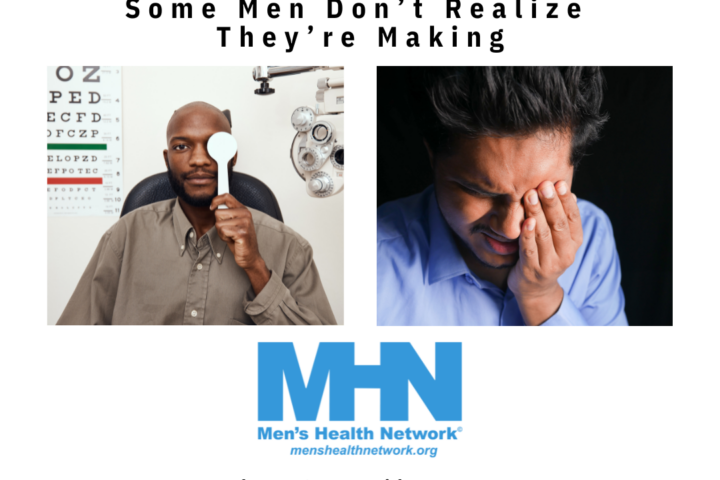Men are 35% more likely than women to die of cancer. And if you factor out sex-specific cancer (in other words, you count only those cancers that kill both men and women), men are 67% more likely than women to die of cancer. Those figures are from a report produced by the Cancer Research UK, the Men’s Health Forum,  and the National Cancer Intelligence Network. However, we believe they apply equally well to the US and most other western countries. This news also comes on the heels of a recent report predicting that one in two men will develop cancer over his lifetime, a number significantly higher than for women.
and the National Cancer Intelligence Network. However, we believe they apply equally well to the US and most other western countries. This news also comes on the heels of a recent report predicting that one in two men will develop cancer over his lifetime, a number significantly higher than for women.
The study’s authors, led by Alan White, Professor of Men’s Health (the first ever to hold that title) at Leeds Metropolitan University, attempted to explain the huge difference between men’s and women’s cancer rates and death rates. Here’s what they came up with.
- Men are more often diagnosed with cancers that are harder to treat, such as cancers of the gullet, bladder and liver.
- Men have lower levels of education than women, and, consequently, lower socioeconomic status. Plus, men work in more dangerous and hazardous jobs which increases their health risks.
- Links to infection, lack of physical exercise, differential exposure to the sun, potential differences in symptom awareness, and differences in uptake of screening opportunities.
- Men are more likely to get cancers linked to smoking, being overweight, having a poor diet, and excessive alcohol consumption because they are more likely to have lifestyles higher in these risk factors.
- According to the report, called “Excess Cancer Burden in Men,” 40 percent of the cancers that strike men are preventable through lifestyle changes. Those numbers hold true in the US as well. The biggest of those lifestyle factors is smoking, which is responsible for nearly a quarter of all cancers in men. Other important factors include obesity, unhealthy diets (too much fat and salt, not enough fruits and vegetables), and drinking too much alcohol.




Comments are closed.